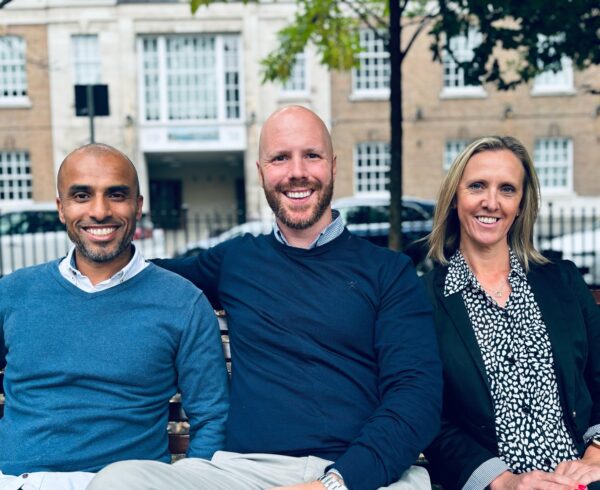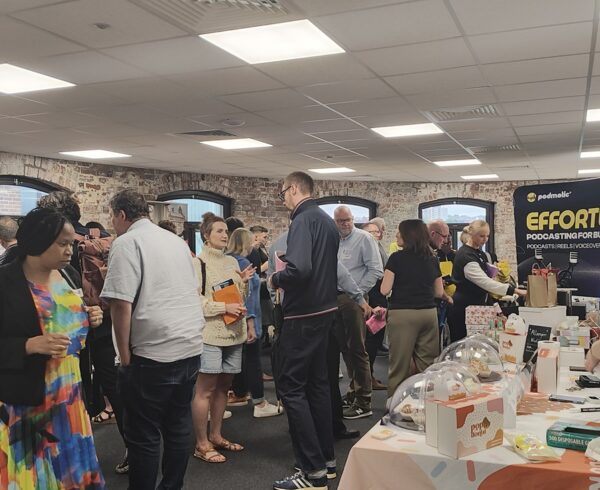The boss of a Wakefield company that designs and supplies plant used to recover lead and precious metals has been awarded Chartered Environmentalist and Chartered Engineer status by the prestigious Institute of Materials, Minerals and Mining (IOM3).
It’s the latest accolade to be bestowed on Inprotec’s managing director Chris Oldroyd, who was appointed earlier this year to the board of the Institute’s Sustainable Development Group, which serves as a global centre of expertise on sustainability and the environment.
Mr Oldroyd was awarded both Chartered Environmentalist (CEnv) and Chartered Engineer (CEng) status by IOM3 in recognition of his expertise, experience and commitment to the highest professional standards following rigorous assessments.
His company, Inprotec, is focused on developing innovative processes and technologies to keep the critical and valuable metals commonly found in e-waste within the circular economy.
Commenting on both achievements, Mr Oldroyd said:
“I’m proud to be recognised for my skills and knowledge in two fields that are so important to me.
“Britain has the potential to become a world leader in critical and valuable metal recycling and I’m excited by the opportunities that exist to use my knowledge and skills in both disciplines as a force for good in helping to create a truly circular economy.”
Inprotec recently completed a £2.5m project to create the world’s first ‘clean’ antimony and gold processing plant in Oman, which is expected to account for between 12-15 per cent of the world’s antimony production, establishing the Arab state as a major global producer of the metal, which is used in electronics.
The facility, known as an antimony roaster, is the largest of its kind outside of China and the world’s first ‘clean plant’, designed and built to EU environmental standards.
Over the course of the two-year project, Inprotec designed, manufactured, and commissioned two drum-style furnaces, known as refining converters, which are used to remove any impurities in the final stage of refining antimony.
Inprotec also provided all of the ancillary plant required to support the two refining converters, including a trough-like molten metal launder system to carry molten alloys from one location to another using gravity, and an air lancing system used in the refining process.








